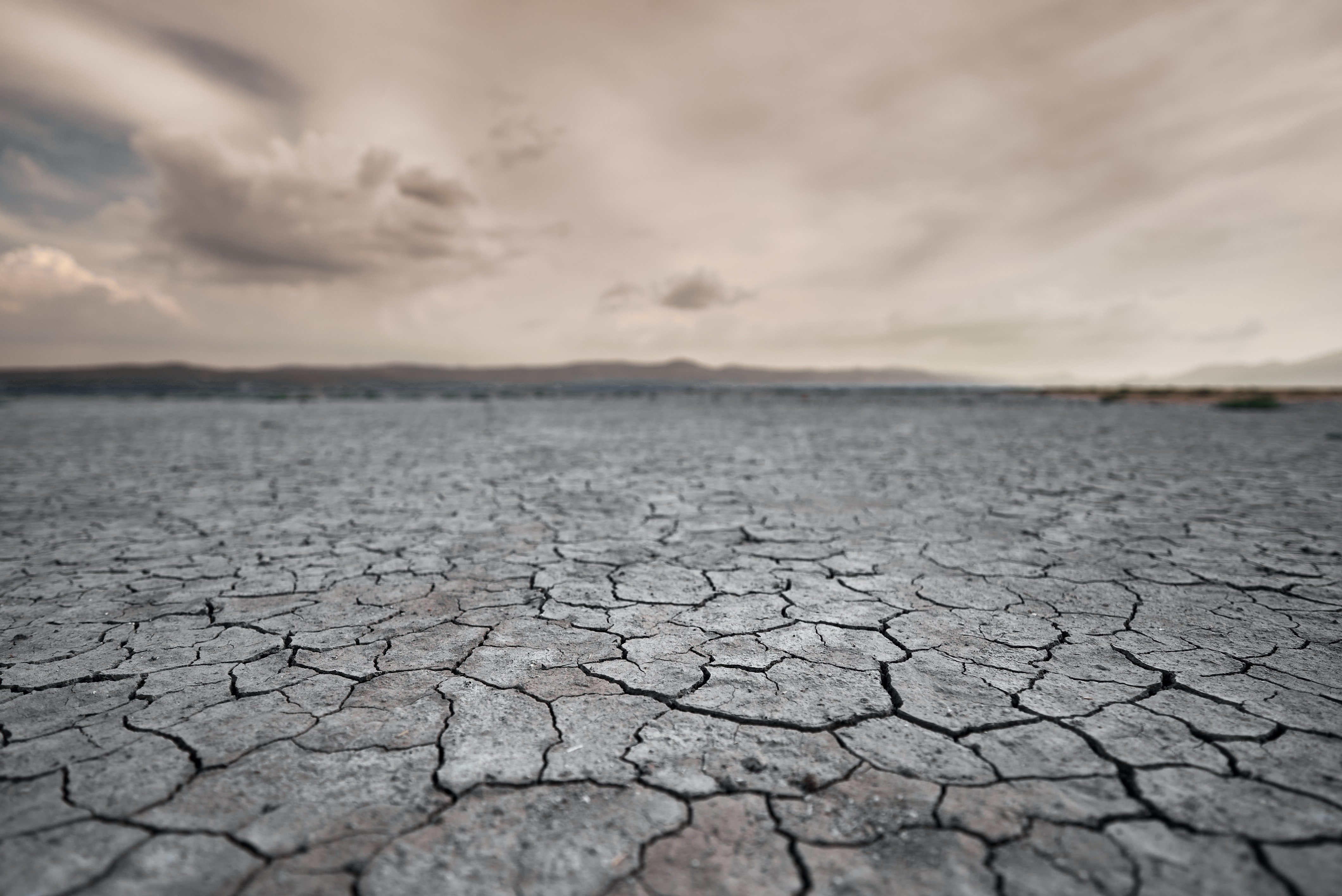"In 50 years, will anyone still live in central Spain? Climate change is threatening the world's most livable country." That is the prospect raised by the Financial Times in an article that takes the Spanish government to task for not paying enough attention to climate change, in the context of the recent heat waves which have made July 2022 into the country's hottest month since records began. The author of the FT report, Simon Kuper, is a journalist who has spent a year traveling all over Spanish territory to "understand the country", as he explains in the report. Now he has said goodbye with a critical analysis of the national situation and a doubt: will anyone be able to continue living in the Spanish capital in 2070.
"You'd think that the climate would be the priority of a hot dry country, but in fact the Spanish spend more time arguing about national unity," he says in the piece. He explains that Spain has been stuck in 2017 since its "greatest modern trauma", the holding of the October 1st referendum on the independence of Catalonia. He describes the baton-wielding police sent in by Spanish government and the imprisonment of nine organizers of the referendum as triggering elements of a polarization that has been permanent in the territory for the past five years.
"Climate change could be devastating here"
"This is the world's most livable country, although more so for privileged foreigners than for the average Spanish citizen. But climate change could be particularly devastating here," analyzes Kuper. In fact, the British writer warns that the next crisis approaching Spain is not purely economic, but closely related to climate change. Simon Kuper's vision of the Spanish future comes partly from an event a few months ago: "The orange dust on the balcony this spring, blown from the Sahara." He explains that this phenomenon felt like an omen. "Some parts of Spain are at their driest moment in a millennium," he says in the report. He explained that he was writing his piece in Madrid, while temperatures exceeded 35 degrees Celsius for weeks and, for some regions, they topped 40 degrees, "which isn't livable", adds Kuper, concluding that "the government seems to have decided that the interior's depopulation is unstoppable".
"Tourism will move from the heat of the south to the cool of the north"
The author highlights the resemblance of the "cracked and barren" fields he saw from train windows to North African scenes, recalling that the grape harvest began on July 28th in parts of Andalusia, the earliest date in the history of the region. "Desertification already affects approximately one fifth of Spanish territory. Farming with boundless irrigation is not a long-term strategy," advises Kuper, who adds that "millennia-old Iberian agriculture may be dying out." His personal guess is that the country's tourism industry will gradually move away from Spain's increasingly unviable southern regions to "the lovely cool north" as "the summer heat morphs attraction into threat".

